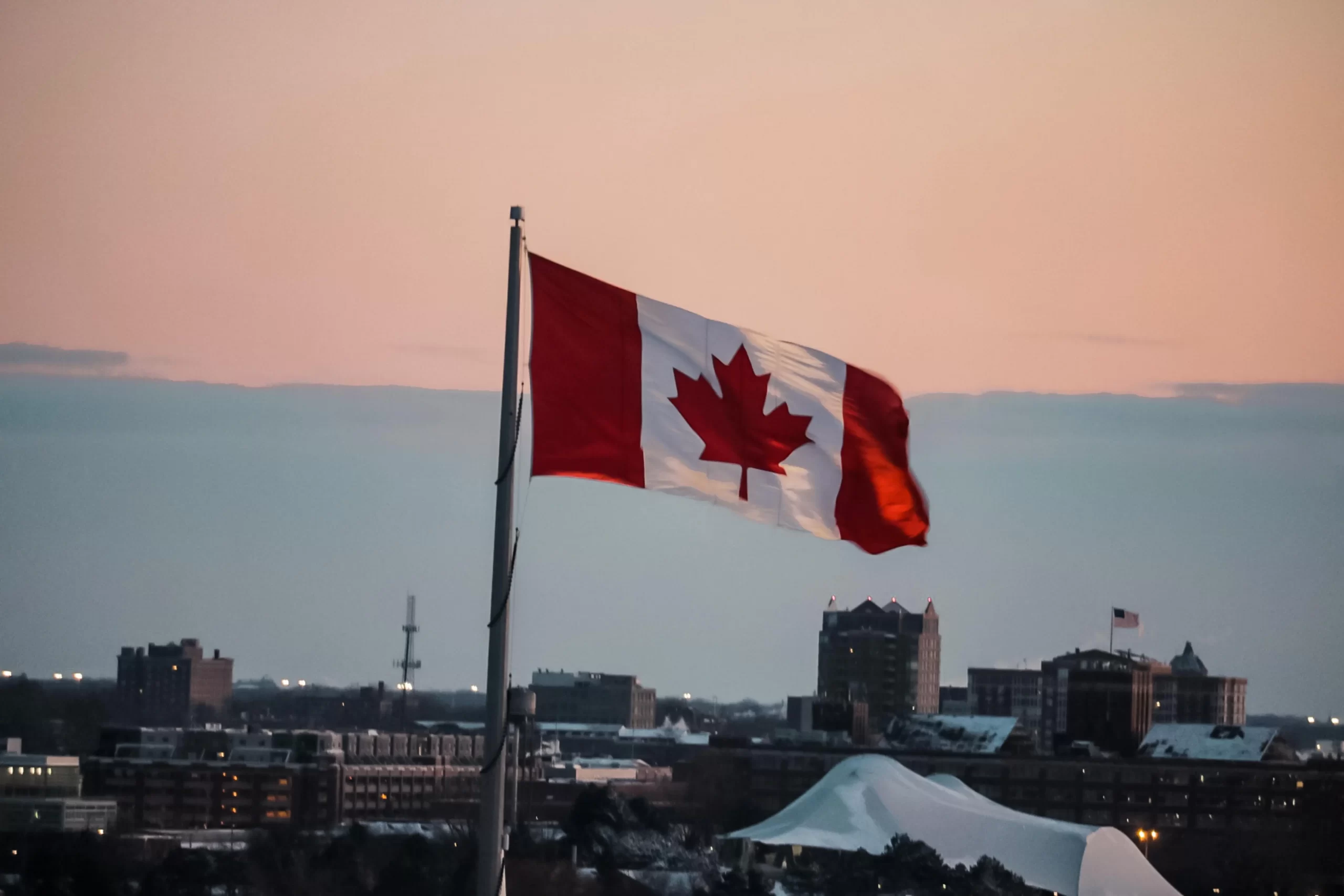Moving to a different country to continue your education can bring forth some changes and challenges. You need to prepare yourself appropriately to accommodate both before traveling to Canada to study. While this country is one of the most popular places in the world for higher education, there are a few things that many international students aren’t aware of before coming here. Indeed, you need to know them before you consider committing a significant amount of your time in Canada. Here are a few of those things elucidated by the procurers of Canada Study Visa.
Affordable:
Compared to other competitive countries, the undergraduate tuition fees in Canada are relatively inexpensive. It remains somewhere between $12,000 and $18,000 per year. The cost of living is also surprising lower than the USA, the UK, Australia, etc. You will find apartments that are available for rent at $400. The costlier ones don’t surpass $1,500 per month. However, the rent of the apartments depends on where you choose to reside.
Two official languages:
Most people believe that the English language is the primary official language of Canada, but that’s not true. English and French are both official languages in Canada. While most of the French speakers stay in the province of Quebec, you shouldn’t feel surprised if you run into people who speak French throughout the country. So, if you’re planning to study in Quebec, then you should consider learning French, apart from honing your English language skills.
Availability of scholarships:
International students are eligible to make use of attractive scholarships. If you want a more detailed account of this matter, then you should ask the Canada Study Visa Consultant. These people should be able to offer you a clearer picture.
The weather:
If you wish to study in Canada, then you have to prepare yourself to bear the cold weather, which lasts several months. You’ll need winter jackets, hats, scarves, waterproof and winter-proof boots, gloves, etc. Transportation systems often suffer from delays during the winter months. It means that you have to know how to navigate through the snow.
Choosing a university:
You will have many universities, colleges, and institutions to choose from in Canada. Most of the educational institutions there run on public funding. All of them also have accreditation, which means that you’ll receive a high-quality education. You can also expect many employers to offer you jobs in Canada.
Canadian student visa:
Study permits aren’t mandatory for someone who wants to take short-term courses or programs of six months or less. You can enroll in short-term programs at any learning institution. You won’t even need to find out whether it’s designated or not. However, if you’re going to stay there for longer than six months, then you have to get a study permit, or a Canadian student visa.
Working and studying :
Both foreign and international students can work on or off-campus while studying, provided they have a valid study permit. If you’re willing to take up a part-time job as a full-time student, you need to have a valid study permit. As long as you have it, you can work twenty hours per week, whether on the campus or away from it.







